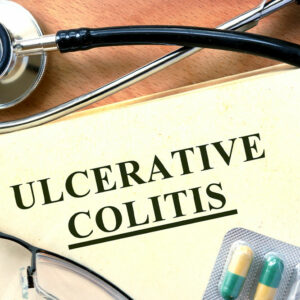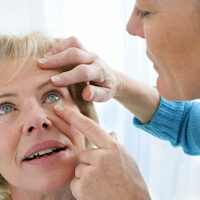
health
Atrial Fibrillation – Causes, Signs, and Remedies
Atrial fibrillation, or AFib, is characterized by an irregular heart rhythm or arrhythmia in the atria or the heart’s upper two chambers. It causes a disturbance in the typical cycle of the electrical impulses in the heart. The condition results in a rapid and chaotic heart rhythm and poor blood movement from the upper chambers to the ventricles or the lower chambers. Below, we address the causes, symptoms, diagnosis, treatment, and management of AFib. Causes AFib, or a change in the electrical signals in the heart, can affect anyone, regardless of age. But it is more prevalent in older people. A few risk factors that amplify the condition’s susceptibility are: Heart diseases People with an underlying heart condition, like a heart attack, coronary artery disease, and heart failure, have a greater risk of AFib. Hypertension If left unchecked, high blood pressure can strain the heart and aggravate the risk of this disorder. Familial link People with a family history of AFib have a greater chance of suffering from the condition. Sleep apnea This sleep disorder can also increase a person’s susceptibility to AFib, especially if it is severe. Besides the above, other chronic conditions like diabetes, asthma, and thyroid also put a person at risk of this heart problem.
Read More 









